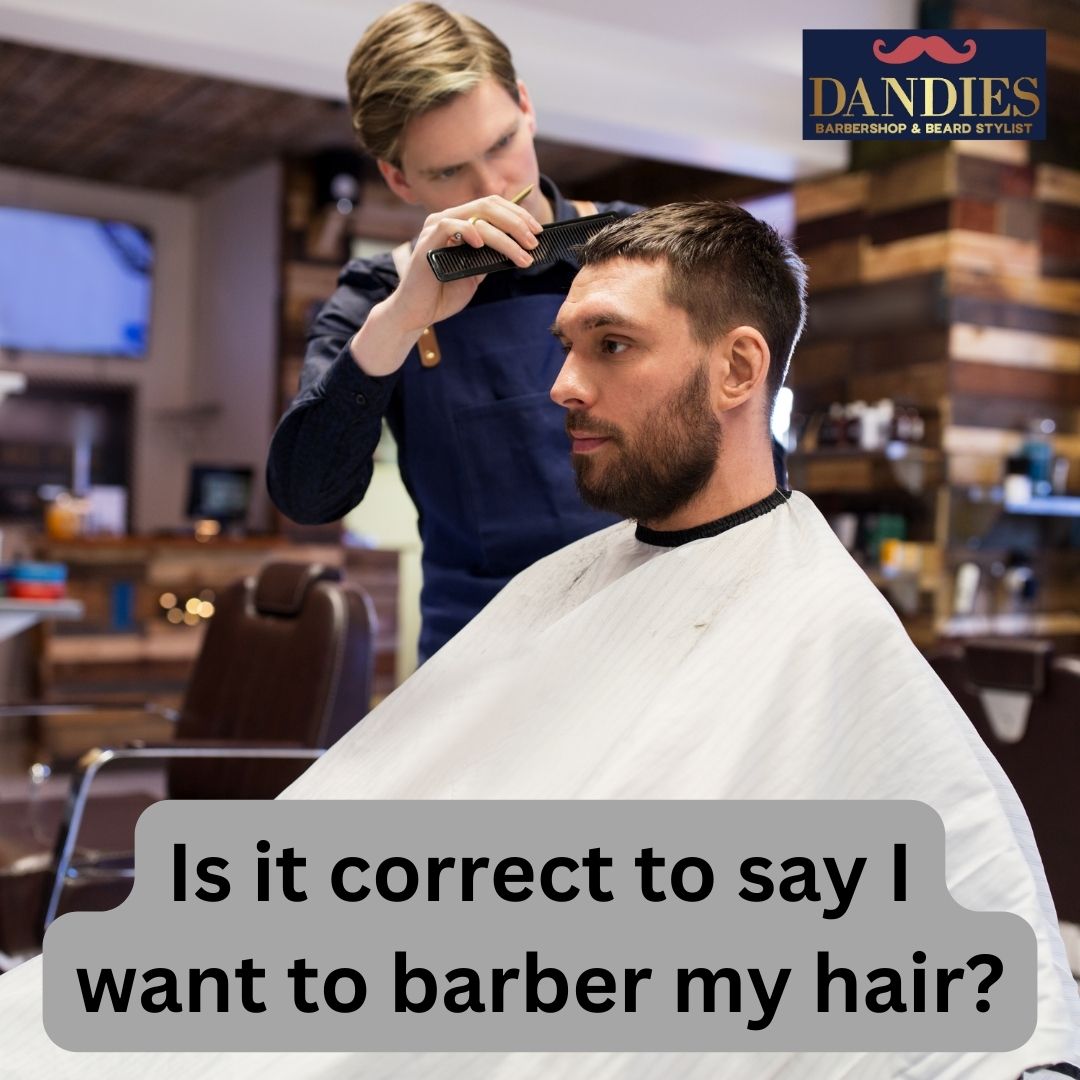Is it correct to say I want to barber my hair?
21 February | By Sheeza

In the realm of language, clarity and accuracy are paramount. However, navigating the intricacies of grammar and syntax can sometimes lead to confusion, especially when it comes to colloquial expressions and everyday speech. One such phrase that often raises eyebrows is "I want to barber my hair." But is this usage grammatically correct? Let's unravel the linguistic nuances behind this intriguing question.
The Meaning of "Barber"
Before delving into the grammatical correctness of the phrase, let's clarify the term "barber." Traditionally, a barber is someone who specializes in cutting, styling, and grooming hair, typically for men. The profession of barbering encompasses a range of services, including haircuts, shaves, and beard trims.
Understanding Grammar and Syntax
In English grammar, verbs are typically followed by objects to convey action. For example, "I want to cut my hair" or "I want to style my hair" are grammatically correct sentences where "cut" and "style" are transitive verbs followed by the object "my hair."
Analyzing the Phrase "I Want to Barber My Hair"
Now, let's examine the phrase "I want to barber my hair." Grammatically speaking, "barber" is traditionally used as a noun to refer to the person performing the action of cutting or styling hair. Using "barber" as a verb in this context is not standard usage according to traditional grammar rules.
Alternative Expressions and Standard Usage
To convey the desired action of getting a haircut or grooming one's hair, it is more common and grammatically correct to use verbs such as "cut," "style," or "trim." For instance, "I want to cut my hair" or "I want to style my hair" effectively communicate the intended meaning without straying from standard usage.
Embracing Linguistic Creativity
While "I want to barber my hair" may not align with traditional grammar rules, language is a dynamic and ever-evolving entity. Colloquial expressions and linguistic creativity often lead to the emergence of new phrases and idioms. However, clarity and effective communication remain paramount in ensuring mutual understanding.
In conclusion, while it may be tempting to experiment with language and explore unconventional expressions, clarity and precision should always be prioritized in communication. When it comes to expressing the desire for a haircut or grooming, opting for standard usage and grammatically correct phrases ensures clarity and mutual understanding.
So, the next time you contemplate expressing your grooming preferences, remember to choose your words wisely and embrace the beauty of clear, effective communication. After all, language is a powerful tool that shapes our interactions and fosters meaningful connections.


